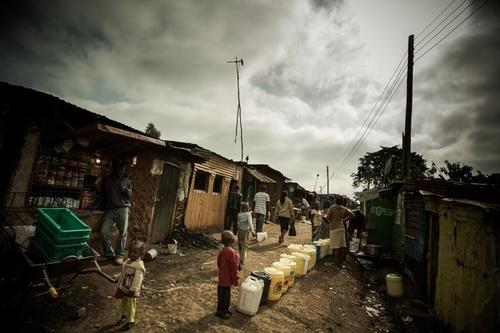During the 1990s, MSF teams made a bitter observation: we were failing to treat some of our patients suffering from infectious diseases, while in developed countries, remarkable progress was being made in the field of health. Two decades on, medicines in developing countries are still either too expensive, aren't suitable to be used in many of the contexts in which we work (for example, in hot, humid conditions or where there's a lack of electricity), or simply don't exist for the diseases we need to treat.
In 1999, we launched the Campaign for Access to Essential Medicines, now known as the Access Campaign. Its mission focuses on three areas: overcoming barriers to access to essential medicines, stimulating research and development for neglected diseases, promoting health exceptions to global trade agreements.
In 2003, MSF joined several research institutes, including the Institut Pasteur, to create the Drugs for Neglected Diseases initiative (DNDi), a non-profit research and development organisation engaged in research and development of new treatments for neglected diseases.
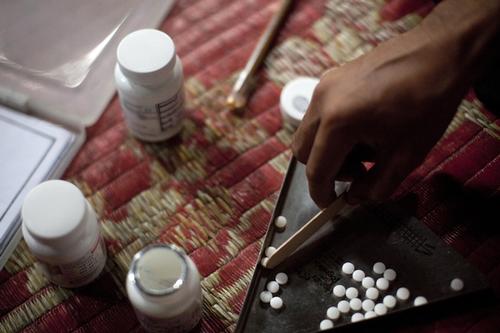
Generic competition pushing down HIV drug prices, but patents keep newer drugs unaffordable
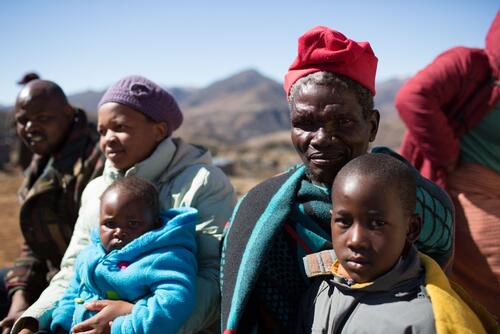
Putting HIV Treatment to the Test
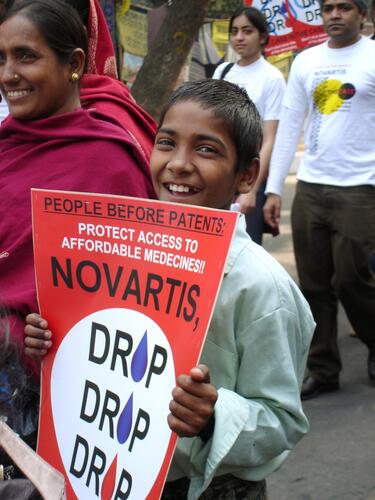
Untangling the Web of ARV Price Reductions - 16th Edition
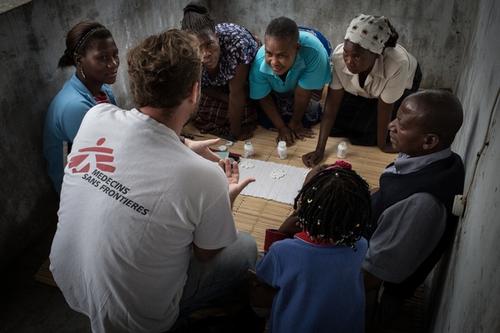
MSF applauds new WHO recommendations for accelerating HIV treatment in developing countries
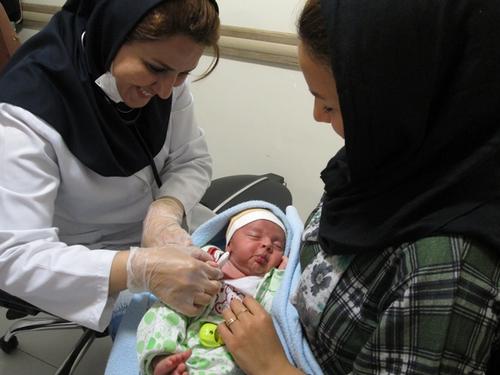
Surviving in Tehran’s southern neighborhoods
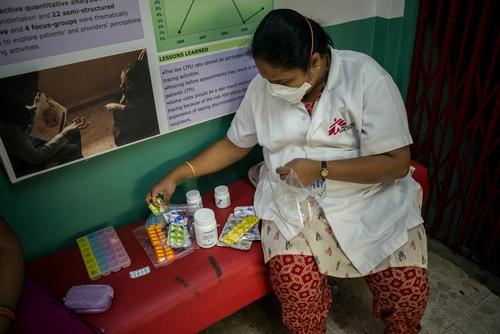
Must address worrying stock out of tuberculosis drugs
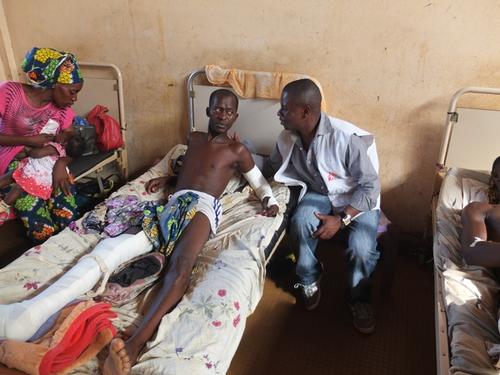
Critical needs in the east of the country
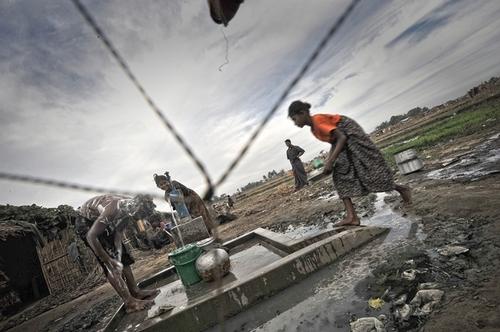
Government restrictions severely impact access to healthcare in Rakhine state
